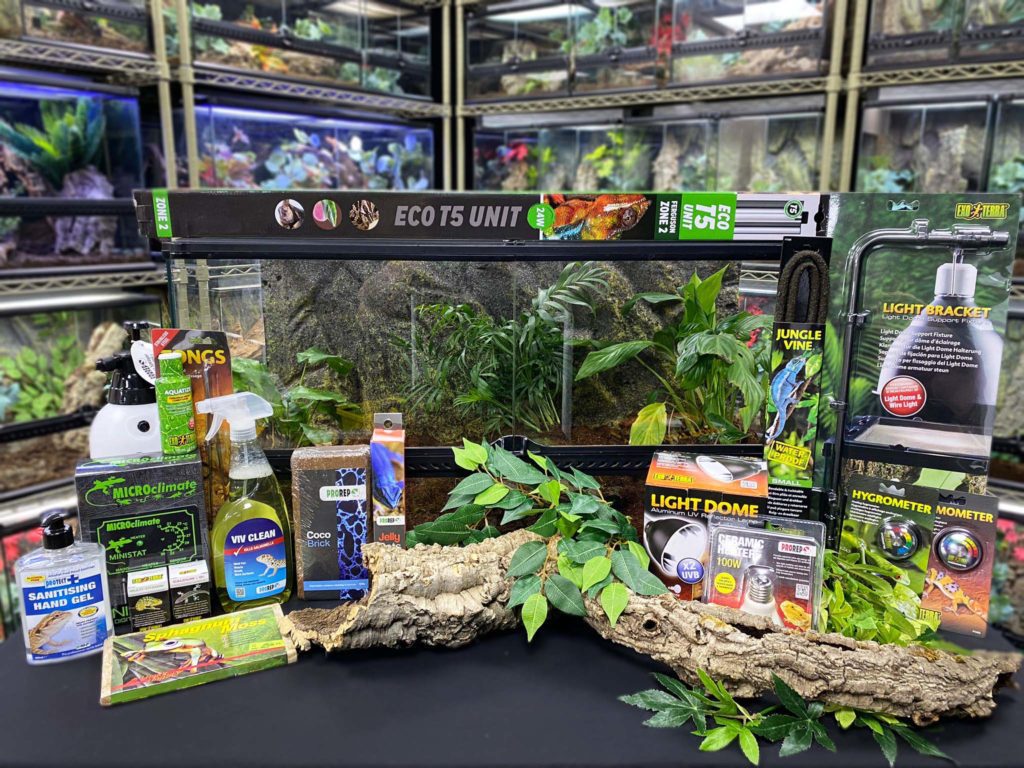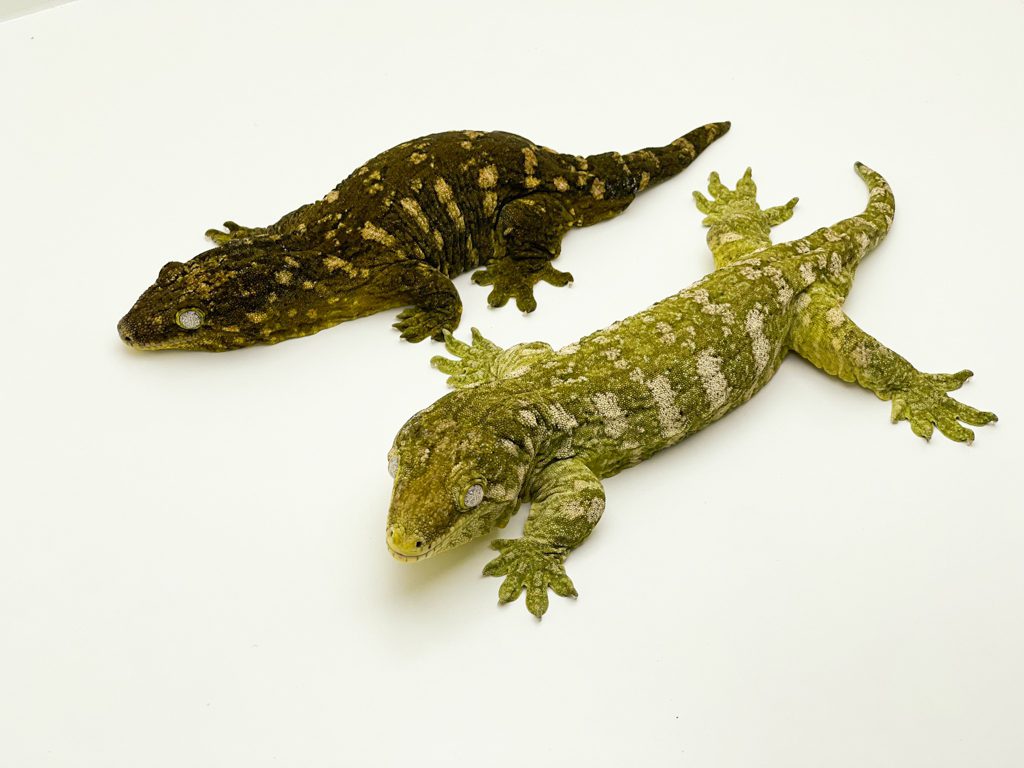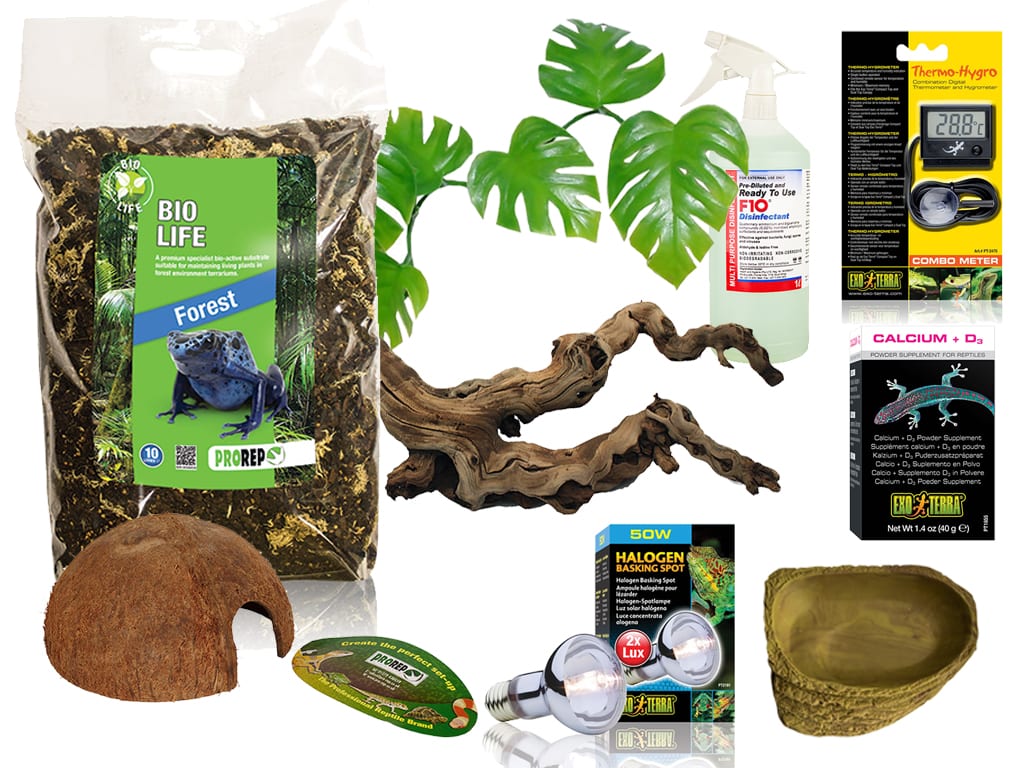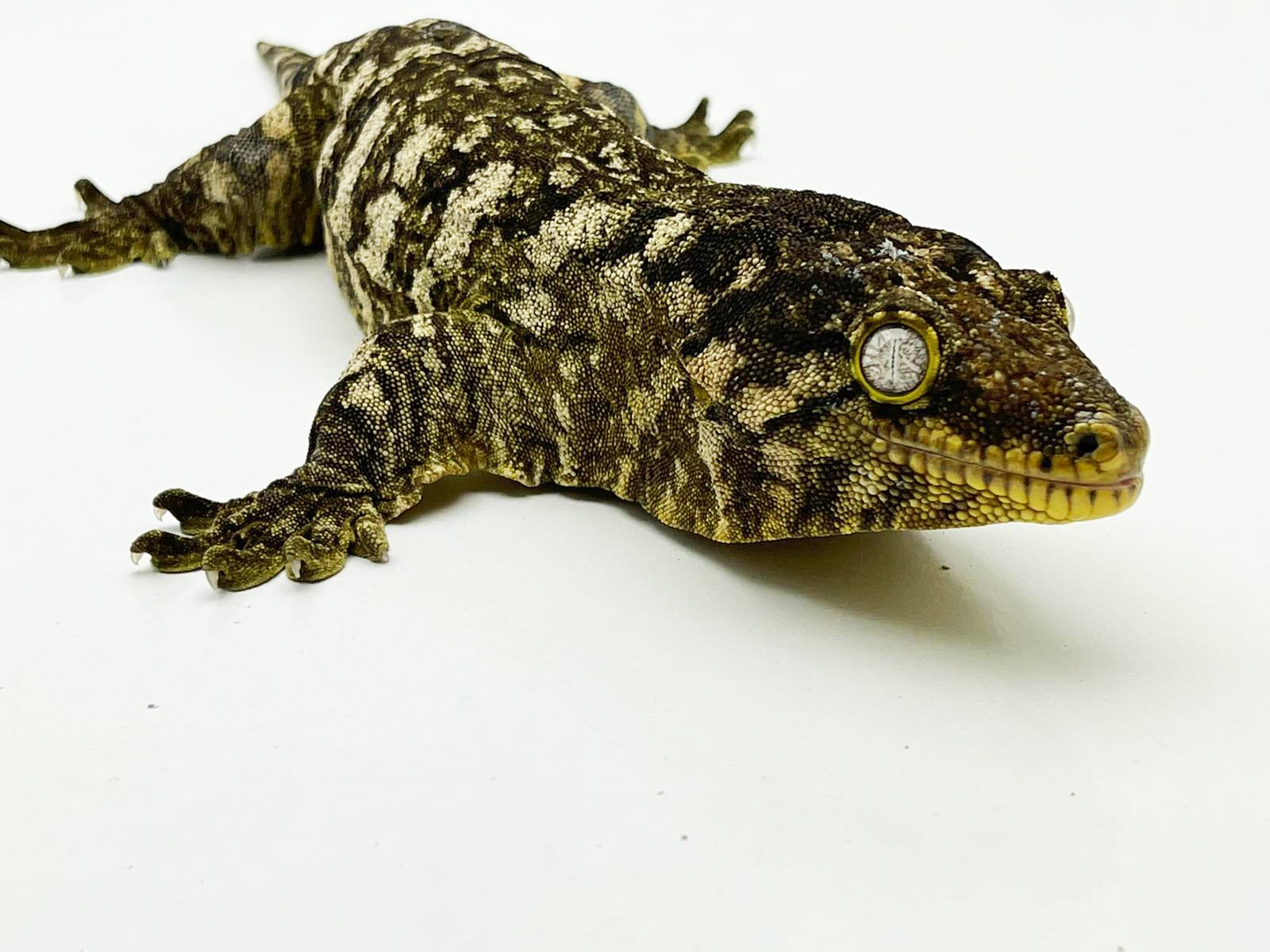
Leachianus Gecko
Care Sheet
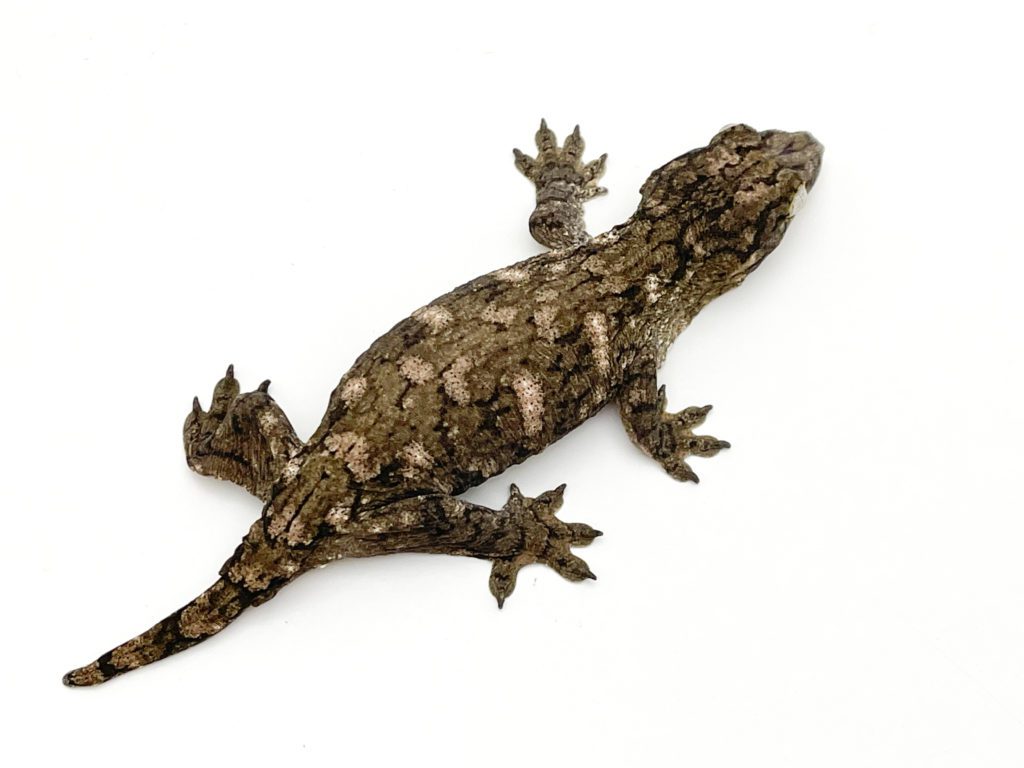
Leachianus geckos are nocturnal geckos from New Caledonia and are similar to Crested and Gargoyle geckos They are found in the rainforest and are extremely active during the night time hours but will sleep for many hours during the day.
They are the largest gecko in the world and reach sizes up to 17 inches. The require a large enclosure as adults and should be kept singularly or in 1.2 groups for breeding purposes.
Leachianus geckos are cold blooded and are known as ‘exothermic’– meaning that they need heat from an outside source in order to maintain their body temperature.
Leachianus geckos live in a place with high humidity and so must be sprayed 2-3 times a day to keep the correct levels in the enclosure, we advise the use of a hygrometer.
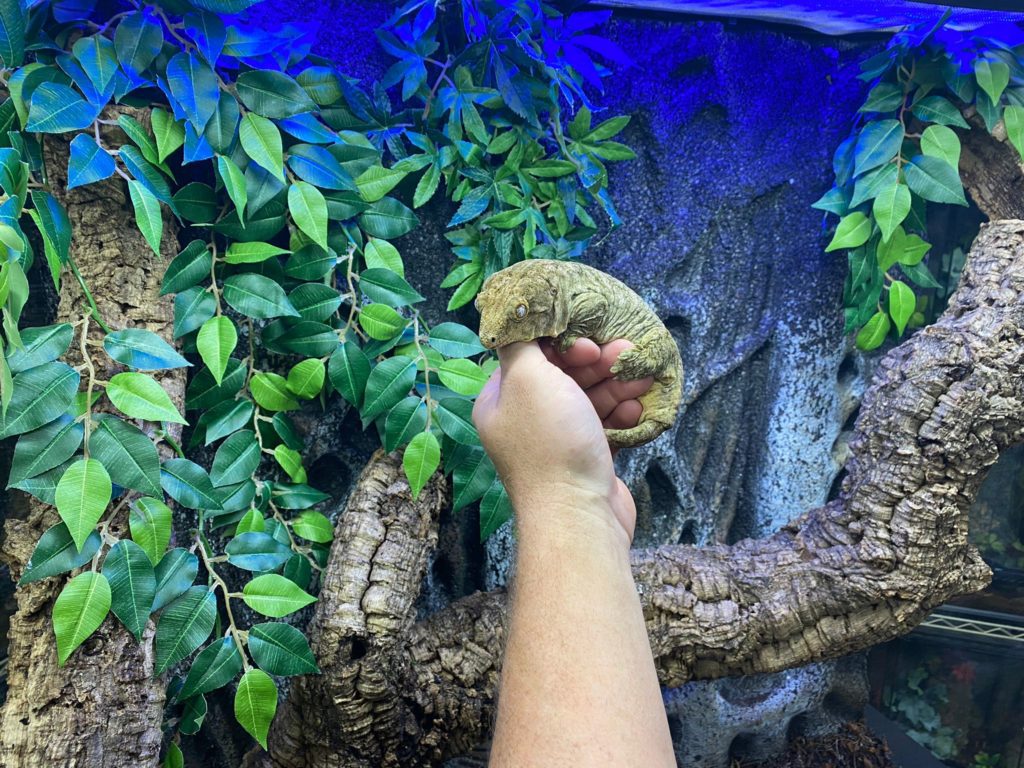

HANDLING YOUR GECKO:
Always wash your hands or use an anti-bacterial hand wash before and after handling your gecko.
Leachianus geckos can be handled but should be done so carefully. Adults are large and can have a painful bite. They can also be aggressive if not used to handling.
Like many species of lizard, Leachianus geckos are able to drop their tail in order to escape predators who may catch them by their tail in the wild. Leachianus geckos are also insecure with objects approaching them from above as they would be prey for birds in the wild. Their tails do regenerate over time.
Leachianus geckos do not enjoy being stroked as their skin can be very sensitive but some do enjoy their chin being stroked.
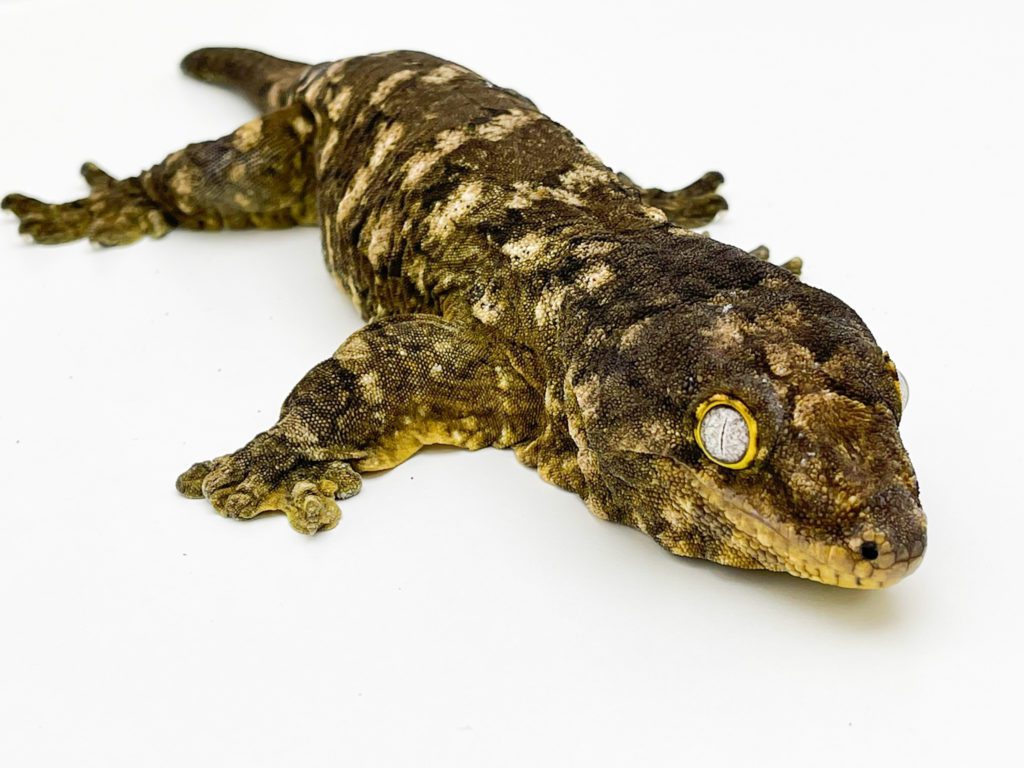

SEXING YOUR GECKO
Leachianus geckos can be hard to sex for the first 12-24 months until their genitals grow and become visual.
Like many lizards, geckos can be sexed by looking between their legs. Males will have large waxy pores in a V shape and presence of the hemipenes can usually be seen at the bottom of the tail behind the vent.
Gently secure your gecko and turn upside down to see between the back legs– if you cannot do this safely, we can sex your gecko for you once old enough. There is no difference in the colour of females to males, but females often carry more weight as they would require this for breeding in the wild.
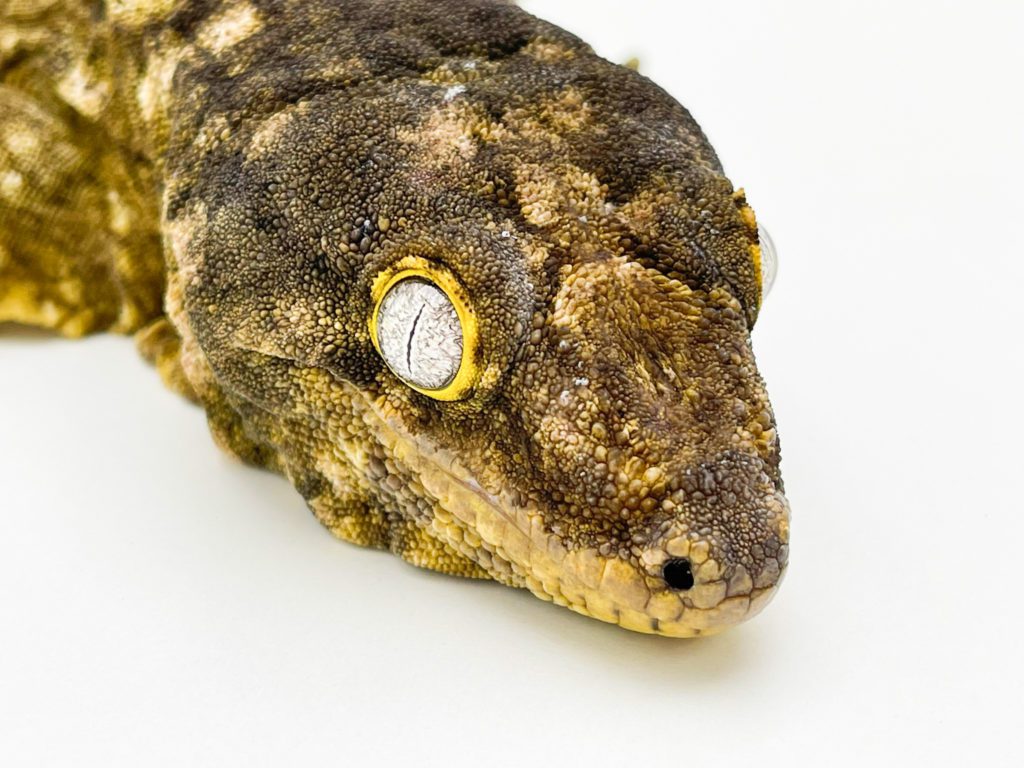

HEALTH CHECK
Eyes– Eyes are clear with no eye caps. Sometimes with a dry shed, eye caps get stuck. To help get the shed off fully, you can set up a moist moss hide for your gecko. Use Beaphar skin and eye ointment for stuck caps and gently remove with a cotton pad, never try to peel off the eye caps.
Skin– The skin is clear of shed and there are no cuts or scrapes on the geckos skin. Occasionally locusts or crickets can nip the skin of the gecko. Always remove live food that is not eaten after the geckos meal to prevent further bites and stress which can stop your gecko eating.
Limbs– All the limbs are moving correctly and the gecko is able to walk and move normally. Geckos can suffer from a condition called MBD (metabolic bone disease). This occurs when geckos do not have enough calcium and causes their bones to grow abnormally, eventually restricting their movements. MBD cannot be reversed so always dust livefood with calcium twice a week to avoid MBD occurring.
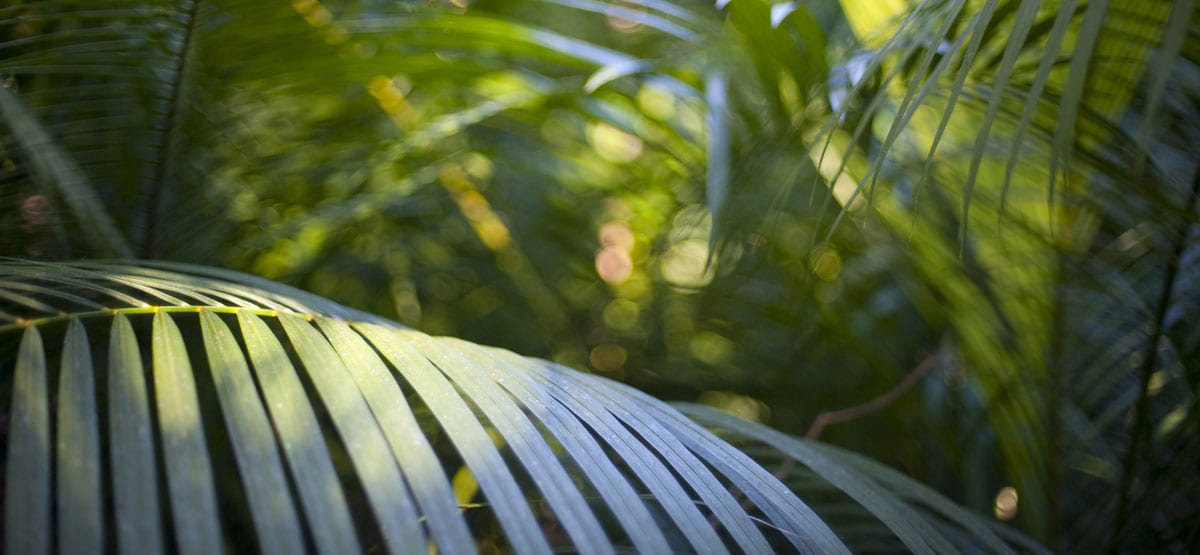







ADVICE FOR LIFE!
When you buy your Pet & Housing from us!
Priority Boarding | Advice available face to face, via Telephone, Facebook Chat, Email, Instagram

